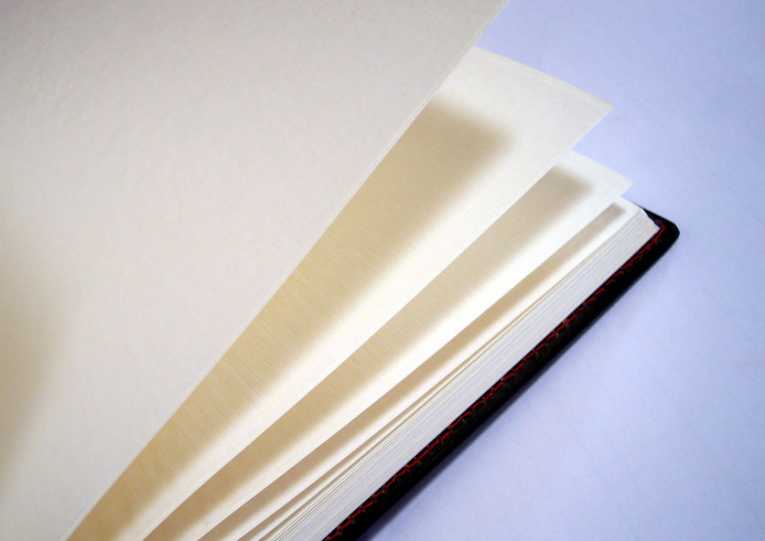Children's books are damaging the environment, according to a new report from the Rainforest Action Network (RAN).
60% of US children's books tested in 2010 had paper containing wood pulp linked to Indonesian deforestation. Publishers are printing more and more books overseas, particularly in China, the largest importer of Indonesian wood pulp.
According to the RAN report, US publishers are using paper sourced from controversial suppliers. Asia Pulp and Paper (APP), owned by Sinar Mas Group, was criticised in 2008 for logging operations that threatened the rare Sumatran tiger.
The same report refers to "legally questionable" forest clearance. Asia Pacific Resources International (APRIL), part of Royal Golden Eagle Group, was ordered last week to suspend clearing in the Kampar Peninsula, Sumatra, pending a review of all its permits.
The RAN report Rainforest-Safe Kids' Books: How do publishers stack up? acknowledges that many publishers are taking steps to avoid the use of paper from threatened environments. "However," say the report's authors, "some of the leading American children's book publishers have yet to adopt measures that prevent rainforest-destroying fibers from entering their supply chains. The lack of action by these publishers means that books are still hitting the shelves containing paper that is actively contributing to the destruction of rainforests in Indonesia."
RAN have produced a buyer's guide that lists publishers under Recommended, Can Do Better and Avoid. Recommended publishers have taken action or publicly committed to phase out paper sourced from APP or APRIL.
Publishers that Can Do Better have implemented environmental policies but may still be sourcing from controversial suppliers. RAN recommends that purchasers should avoid publishers that have failed to respond or provide conclusive information to the public or to RAN and do not have public, environmental paper purchasing policies.
RAN's recommended list are Candlewick Press, Hachette Book Group, Houghton Mifflin Harcourt, Macmillan, Penguin Group (Pearson), Scholastic, and Simon & Schuster, while publishers that RAN thinks Can Do Better are Random House and Sterling Publishing. Publishers to avoid, according to the report, are HarperCollins, publisher of Where The Wild Things Are and family-friendly Disney Publishing Worldwide.
As parents queue in bookshops to buy Christmas presents for their children, they might want to consider checking out the publisher's environmental credentials – and make a choice that will benefit their children for years to come.










